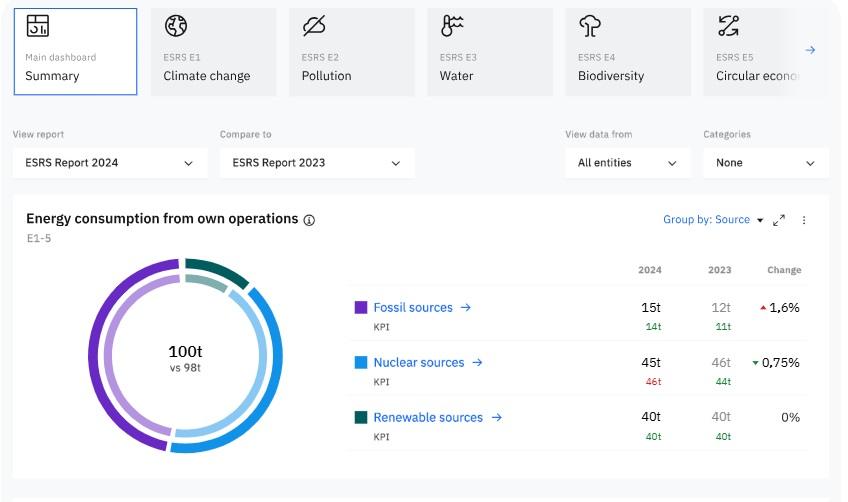PwC Appoints Will Jackson-Moore as Global ESG Leader, Anticipates 10x ESG Revenue Growth
Global professional services firm PwC announced today the appointment of Will Jackson-Moore as its new Global ESG Leader, forming part of the company’s efforts to ramp up its ESG practice and capabilities.
PwC stated that it is planning for ESG revenues to grow ten-fold over the next four years.
Jackson-Moore said:
“ESG is the defining business issue. Our global footprint gives us the opportunity – and responsibility – to help answer the challenge at scale. Every aspect is important, but right now the urgent need is to move beyond strategy and deliver the practical steps needed to tackle climate change.”
The appointment follows the launch last year of PwC’s new global strategy, The New Equation, focused on helping clients build trust across a wide range of topics that are important to their stakeholders, and delivering sustained outcomes. PwC anticipates investing $12 billion in the new strategy over the next five years, and has identified ESG as one of the key focus areas for investment, with plans including expanding Centres of Excellence for specialists on key ESG topics and to upskill its network to help clients and stakeholders address their ESG challenges.
The firm said today that more than 100,000 employees have already taken part in ESG training, and that it has created an ESG Center of Excellence in Singapore, as well as centres focused on Hydrogen in Germany, Water in India, Agribusiness in Brazil and Renewable energy in South Africa.
Jackson-Moore has been with PwC for over 30 years, and has served since 2016 as the firm’s Global Private Equity, Real Assets and Sovereign Funds Leader, where he led complex projects for PE and Corporate clients and complex cross border transaction reviews, and also worked with private equity firms as they factor climate into their portfolio strategies.
Jackson-Moore added:
“In the challenging economic environment, businesses are increasingly focused on ensuring they understand the economics of climate change, from cost of capital to impacts on talent acquisition. They are looking to work with partner organisations who combine a deep understanding of the social and environmental need for change with a relentless focus on delivering real-world impact.”





